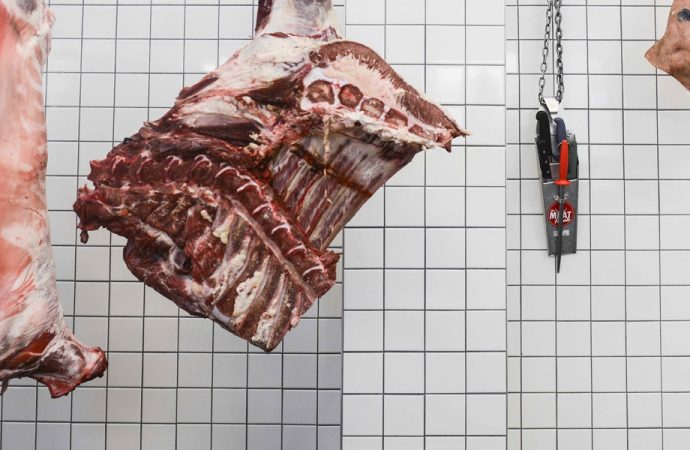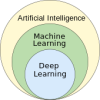Tyson Foods has launched a venture capital fund to invest in the future of protein production, meatless meat.
Is the future’s lab-made burger patty really better for the Earth? Meat giant Tyson Foods, Inc. is taking an interest in the developing technology. The company launched a $150 million venture capital fund on sustainable food solutions, focusing on alternative proteins—that is, “meatless meats.”
In a news release published on Tyson Food’s site, they noted their three-pronged goal with the development of plant-based meats: pioneering research in order to commercialize alternative proteins; tackling food insecurity and waste; and using the “internet of food” to promote sustainability.
The fund, called Tyson New Ventures LLC includes a five percent ownership stake in plant-based protein producer Beyond Meat. This is the company that has brought to markets burgers and chicken made out of peas, carrot fiber, and more plant-based ingredients.
“This fund is about broadening our exposure to innovative, new forms of protein and ways of producing food,” said Monica McGurk, Tyson executive vice president of strategy. The company is pursuing several collaborations with other entrepreneurs and researchers, and they hope that the novel technology will “advance the state of the U.S. and global food system.”
Sustainable Food Solutions
The population of cows and chickens aren’t in any imminent danger, so why bother with cultured, lab-made meats? Developers of cultured beef have expressed optimism that lab-made, antibiotic-free alternatives are healthier and safer.

What’s really driving the developments of cultured meat is how livestock farming is taking a toll on the environment and our natural resources. Livestock worldwide emit the equivalent of 14.5 percent of all human-induced emissions annually, occupy 30 percent of the word’s total ice-free surface, and use up a third of the world’s fresh water.
The current model of protein production is not sustainable. It’s imperative that we search for solutions to nourish ourselves while also protecting the environment. With more advances in this field of food science, it seems we’re headed in the right direction.
Source: Futurism

































Leave a Comment
You must be logged in to post a comment.